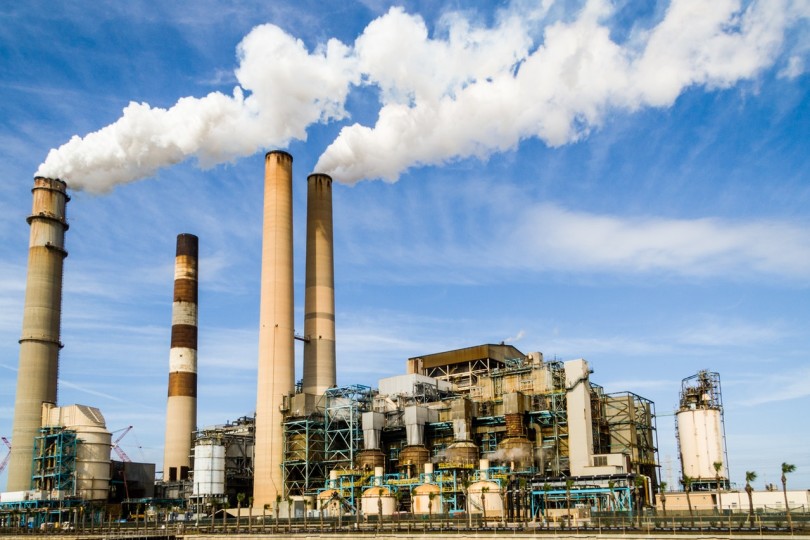How does Battery Energy Storage work?
19 Apr 24
Enviro ChatThe Global News Source for the World of Science and Chemicals
29 July 2022
Enviro Chat
The Abu Dhabi National Oil Company (ADNOC), which is the state-owned oil company of the UAE, currently boasts a capacity of 800,000 tonnes of carbon from its carbon capture utilisation and storage (CCUS) infrastructure. However, the firm has announced big plans to ramp up its efforts in the coming years.
In fact, ADNOC has outlined its intention to increase its CCUS capacity by more than six times in the next eight years, reaching a total capacity of five million tonnes by 2030. As part of that ambitious programme, ADNOC has signed an agreement with the French industry major TotalEnergies, with the pair planning to collaborate on CCUS and low-carbon projects going forwards.
Like many of the oil-rich nations which surround it, the UAE has built vast stores of wealth by extracting, processing and exporting the crude petroleum and gas found within its borders. However, the third biggest oil producer in OPEC is acutely aware of the need to decarbonise both its energy and its economic portfolio in the coming years.
That’s because widespread concerns about the contribution of the fossil fuel industry to the issues of climate change and global warming have prompted governments, corporations and individuals to consider their carbon footprint. As a result, ADNOC currently captures some 800,000 tonnes of CO2 from the effluent streams of its gas plants – but it is aiming far higher in the imminent future.
In order to meet the Emirati government’s aim of reaching carbon neutrality by 2050, ADNOC has announced it will seek to ramp up CCUS capacity to five million tonnes by 2030. That’s a more than sixfold increase in just eight years, signalling the ambition behind the company’s modus operandi going forwards.
As well as being pumped underground into storage vessels, the carbon captured is also used a fuel source and for materials for the petrochemicals and plastics industries. The partnership with TotalEnergies, who are experts in such technologies, will help ADNOC and the UAE achieve their respective goals.
The deal, which was announced last December during French President Emmanuel Macron’s visit to the Middle East, marks the first time that TotalEnergies have become involved in the region. However, they’re far from newbies to the field of CCUS, with two major developments already underway on their native continent of Europe.
In Norway, for example, the company is working in tandem with Equinor and Shell to develop the Northern Lights project. At its completion, it should provide the capacity to remove 1.5 million tonnes of CO2e from the effluent streams of cement factories in the country. Meanwhile, the Net Zero Teeside project, in which Equinor and Shell are joined by BP, Eni and Occidental Petroleum as partners, is the first of its kind in the UK.
DOWNLOAD PDF

2 Day Seminar Program
@ ArabLab+ 2024
24 & 25 September 2024
Your stay in Dubai
Labkit
Product News
Chemkit
Product News
Thinking about exhibiting at ARABLAB 2024? Watch our video to find out more.
Join the world’s leading organisations…
Join our mailing list and receive the ARABLAB newsletter and event updates.